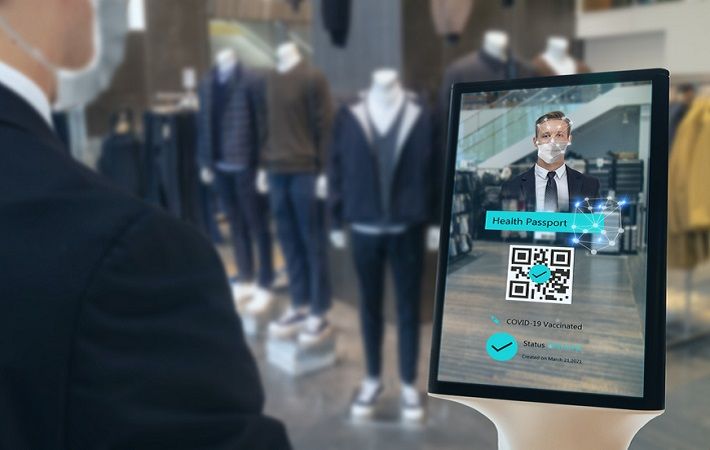
“We are now in the second half of 2021 and the economy has heated up along with the summer temperatures,” Kleinhenz said. “Gross domestic product surpassed its pre-crisis peak during the second quarter and vigorous growth is expected throughout the rest of the year. It is a very different year from 2020 and a much better one. The economic momentum has been helped by government monetary and fiscal policies and, more importantly, the rollout of COVID-19 vaccinations.”
Nonetheless, the pace of vaccinations has slowed considerably and fears of the delta variant of COVID-19 – even though they have not impacted consumer behaviour yet – are likely weighing on confidence. “Vaccination is the key to further economic recovery, reopening and rebuilding,” Kleinhenz said. “With the outlook for the global economy continuing to hinge on public health, vaccine numbers are extremely important, not just for the US but for the whole world.”
Kleinhenz’s remarks came in the August issue of NRF’s Monthly Economic Review, which noted that only 57 per cent of the US population had received at least one dose of COVID-19 vaccine as of last week. The statistic came as the latest Blue Chip Economic Indicators report cited uneven rollout of vaccines amid the emergence of new virus variants as the greatest threat to the economy. Faster vaccination holds the greatest opportunity for growth, the report said.
While recent increased infection rates and renewed mask mandates might have an impact on consumer behaviour, the third quarter so far resembles pre-pandemic activity as the reopening of stores and the economy progresses, Kleinhenz said. Consumers are shopping and June’s 18 per cent year-over-year increase in retail sales included increases for department, clothing and electronics stores, all of which had seen weak sales a year ago.
Back-to-school shopping, expected to be up 6 per cent according to NRF’s annual consumer survey, will contribute to sales in those sectors. And with a 16.4 per cent year-over-year increase for the first six months of the year, overall retail sales are in line with NRF’s revised forecast that 2021 should grow between 10.5 and 13.5 per cent over 2020.
Despite continued unemployment, there are approximately 7 million fewer workers on payrolls than just before the pandemic, and the labour shortage has combined with supply chain disruptions to result in higher prices. Kleinhenz warned that inflation expectations can become self-fulfilling with workers demanding higher wages if they expect prices to go up, forcing employers to raise prices and creating a continuous cycle.
Nonetheless, inflation should peak in the next few months. As supply chain and labour issues and other drivers of higher prices fade, it is unlikely inflation will persist for more than a year, Kleinhenz said.
Fibre2Fashion News Desk (KD)